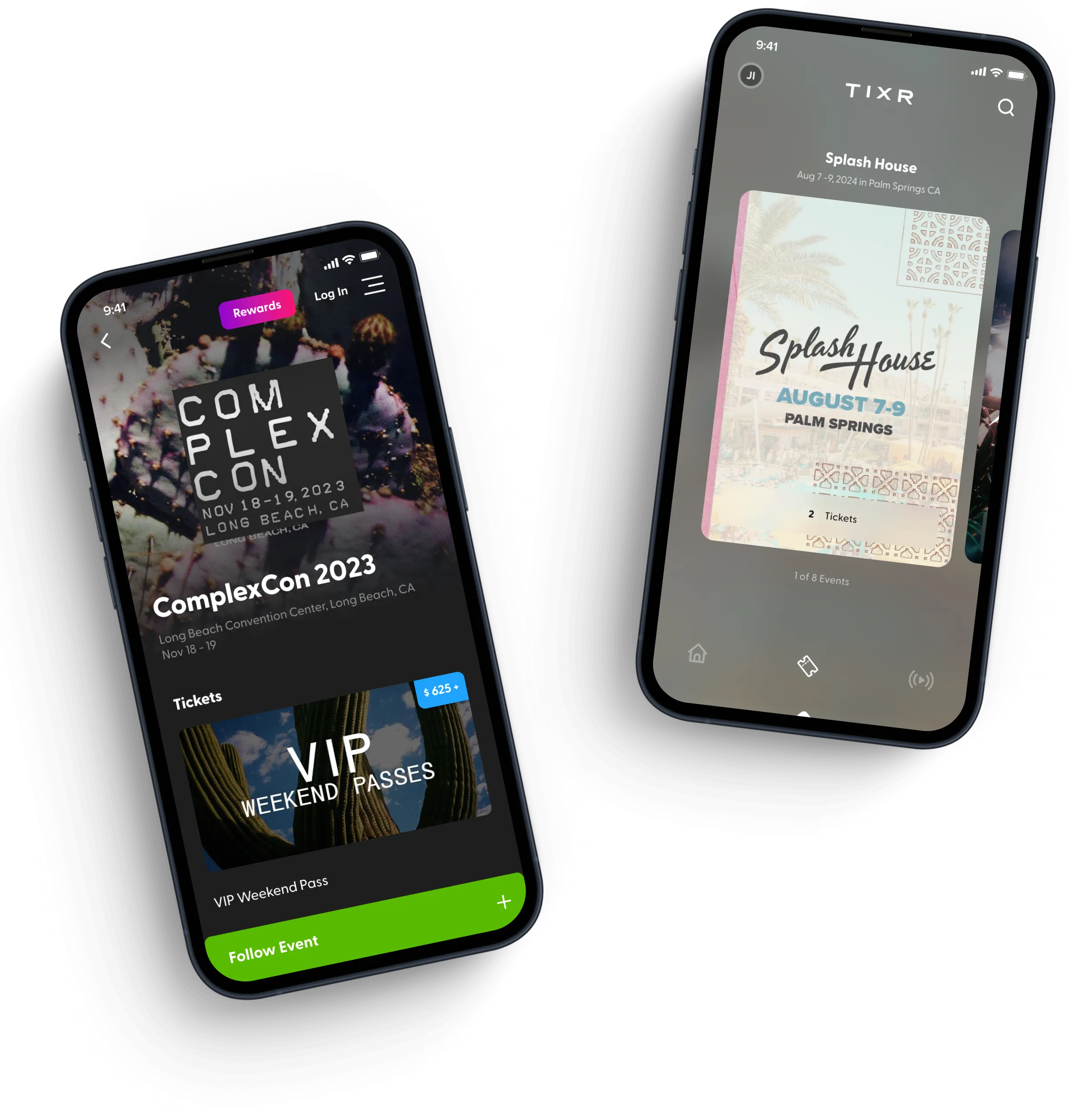
4 Tips and Tricks to Protect Your Business Against “Friendly Fraud”
Now that you’ve got chargeback basics under your belt, let’s go deeper into part 2: strategies for preventing (and fighting) friendly fraud.
Let’s quickly recap. While chargebacks exist to protect us from criminal fraud, “friendly fraud” occurs when real customers dispute legitimate charges. Why? We’re humans, and sometimes we forget that we’ve bought things. We can also be quick to assume we’ve been wronged. That’s why it’s called “friendly fraud.” We think we’re victims, so we file chargebacks with our banks and credit card companies to get our money back, and inadvertently we become the ones at fault.
Believe it or not, friendly fraud happens all the time. It’s actually the most common type of chargeback, which isn’t great for businesses. It’s also a problem that isn’t going away anytime soon. Even though friendly fraud is impossible to spot and challenging to beat, here are 4 actions to increase your odds against these disputes.
1. Use clear statement descriptors.
Start small by making it super simple for purchasers to recognize charges from your business. You can do this by customizing your statement descriptor, which is the short explanation of a charge that shows up on your customers’ bank or credit card statements. Make your business transactions recognizable so your customers don’t question charges and later file chargebacks.
Pro-tip: If you’re using your own Stripe account for payment processing, search your Stripe settings for “shortened descriptor.” We suggest entering “TIXR* Your Group or Event Name*” (e.g. TIXR*Phish Riviera Maya, TIXR*The Guild Theatre), which is the same structure we use for Tixr payment processing.
2. Require purchasers to explicitly agree to your terms.
For your sake and ours, it’s essential for purchasers to know exactly what policies apply to your event, specifically refund, exchange, and cancellation policies, before checkout. Give fans an extra opportunity to read and agree to your terms via a simple pop-up you can add to the purchase flow through our Custom Forms tool. Hard evidence that a fan affirmatively agreed to your terms will help you fight chargebacks.
Pro-tip: Add a required “per order” purchase question so it appears mid-checkout. Use language such as “I have read and agree to this event’s terms and conditions. I understand that:” then copy paste the same terms you displayed on your event page.
3. Get proof on-site.
Chargebacks on high-priced items like VIP tables or travel packages are especially devastating. If a customer disputes a charge after the event took place for fraud or dissatisfaction, having written or photographic proof that the customer was there and received what they purchased can help tremendously.
Pro-tip: For big-ticket items that require some form of human interaction to check-in or receive goods or service onsite, check IDs and require signatures onsite, which can be managed via signature forms in Studio.
4. Block serial offenders.
The same way that banks avoid lending to delinquent borrowers, it’s in your best interest to not do business with fans who’ve previously filed chargebacks.
Pro-tip: If you’re using your own Stripe account for payment processing, block users from transacting on Tixr who’ve previously disputed charges. You can do this by entering their payment method and email address, which is what we do for Tixr payment processing.
As we said in Part 1, providing great service will help you prevent legitimate disputes, and we’re doing everything we can to detect and prevent criminal fraud from happening in the first place. When it comes to fighting “friendly fraud,” we’re truly in this together. If you’ve found creative ways to win these types of disputes that we haven’t thought of, let your Tixr CSM know!
If you’re not yet a Tixr partner, get in touch to learn how we’ve built Tixr on modern, scalable, secure architecture to solve legacy infrastructure challenges.


